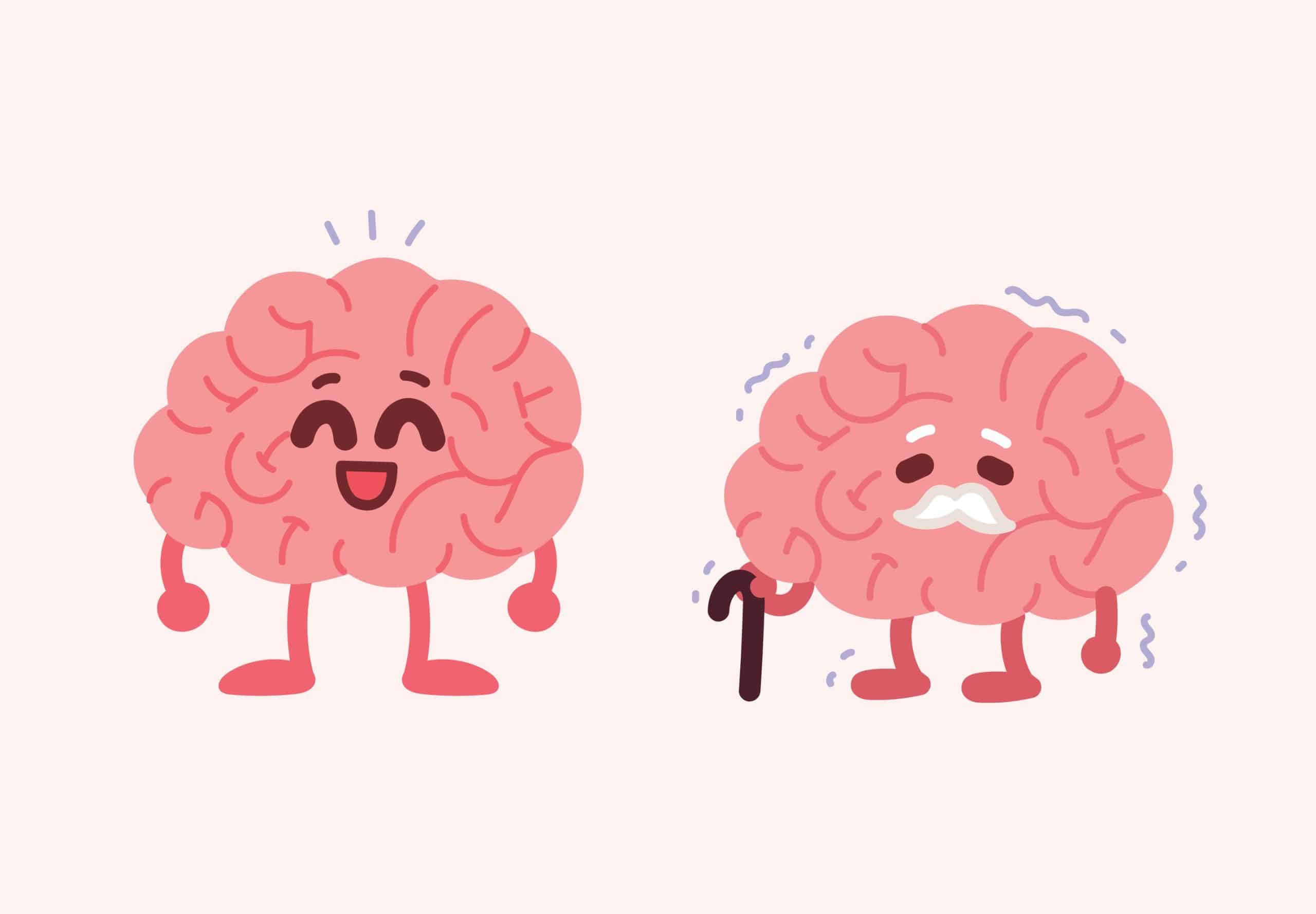Are you like me? Have you ever found yourself in the middle of a fast, feeling the pangs of hunger or those familiar cravings sneaking in? If so, here’s some great news: those signals might be your body giving you an exciting update—it’s burning extra fat for fuel. Hunger isn’t just a challenge to overcome; it’s a sign of progress.
@thenewlifechannel #insulinresistance #insulinresistancediet #insulinresistanceweightloss #healthylifestyle #healthandwellness #lessprescriptionsmoreliving ♬ original sound – The New Life Channel
Let’s dive into why hunger during fasting is actually a positive signal and how to turn it into a powerful ally on your health journey.
Hunger: The Indicator of Fat Burning

When you fast, your body transitions into a powerful state called ketosis, where it burns fat for energy instead of relying on carbohydrates. Here’s how the process works:
1. Depleting Glycogen Reserves
Your body typically uses glucose (sugar) as its primary energy source, which is stored in the liver and muscles as glycogen. During fasting, your body runs out of glycogen after about 8–12 hours and begins looking for an alternative energy source.
2. Switching to Fat for Fuel
Once glycogen is depleted, your body transitions to burning stored fat. This process involves breaking down fat into fatty acids, which are converted into ketones—a cleaner, more efficient fuel source for your body and brain.
3. Hunger as a Progress Marker
Feeling hungry during fasting isn’t a sign of failure; it’s actually your body signaling that it’s shifting gears and tapping into fat stores. Hunger is a natural part of fasting, and understanding this can help you stay the course.
The Benefits of Pushing Through Hunger

If you can hold out through those moments of hunger and make it to your next meal, you’re allowing your body to maximize the benefits of fasting. Here’s what happens when you stay in a fasting state a little longer:
1. Enhanced Fat Burning
The longer you fast, the more your body relies on fat for energy. This is when true fat-burning occurs, helping you shed excess weight and improve body composition.
2. Boosted Human Growth Hormone (HGH)
Fasting naturally increases HGH levels, which play a key role in preserving muscle mass, improving fat metabolism, and even slowing down the aging process.
3. Improved Insulin Sensitivity
Fasting gives your body a break from constant food intake, allowing your insulin levels to reset. This improves insulin sensitivity, making your body more efficient at regulating blood sugar levels.
4. Cellular Repair Through Autophagy
Fasting activates a process called autophagy, where your body cleans out damaged cells and regenerates new ones. This cellular “cleanup” is essential for longevity and disease prevention.
Understanding the Science of Hunger

To successfully navigate fasting, it helps to understand what’s happening inside your body when hunger strikes.
The Role of Ghrelin
Ghrelin, often called the “hunger hormone,” signals your brain that it’s time to eat. However, ghrelin works in waves—meaning hunger will naturally subside after a short period, even if you don’t eat.
Mind Over Matter
Hunger is often more psychological than physical. Your body has enough stored energy (in the form of fat) to sustain you, especially during short-term fasting. Shifting your mindset to view hunger as a positive signal can make fasting much easier.
The Power of Ketones
As your body enters ketosis, ketones provide a steady energy source that helps reduce hunger and cravings over time. Many people report feeling more focused and energized as their bodies adapt to fasting.
Tools to Help You Through Fasting

Hunger during fasting is normal, but that doesn’t mean it’s always easy. Fortunately, there are strategies and tools to help you stay on track.
1. Stay Hydrated
Sometimes, hunger is actually a sign of dehydration. Drinking water can help curb cravings and keep you hydrated throughout your fasting period.
2. Try Fasting-Support Teas
Certain teas are specifically designed to support fasting by suppressing appetite and reducing hunger pangs. These teas often contain natural ingredients like green tea extract, ginger, or cinnamon, which also boost metabolism and fat burning.
3. Keep Busy
Distraction is a powerful tool. Engaging in activities like walking, reading, or working on a hobby can take your mind off hunger and help you push through fasting periods.
4. Focus on Your Goals
Remind yourself why you’re fasting. Whether it’s weight loss, improved health, or mental clarity, keeping your goals in mind can motivate you to stay committed.
My Go-To Solution: Fasting Tea

When I’m fasting and hunger hits, I rely on a specific tea designed to curb cravings and keep me in fat-burning mode. A few sips of this tea, and those hunger pangs fade away, allowing me to extend my fasting period and reap the benefits.
This tea has become a game-changer in my fasting routine. It not only suppresses hunger but also supports my body’s natural processes, making fasting easier and more effective. If you’d like to learn more about how it can change your life, subscribe below to get additional information
Why Hunger Is a Positive Signal

Reframing hunger as a sign of success can make all the difference in your fasting journey. Here’s why hunger is actually a good thing:
- It Indicates Fat Burning: Hunger signals that your body is depleting glycogen and switching to fat as its primary fuel source.
- You’re Strengthening Your Willpower: Each time you resist the urge to break your fast early, you’re building mental toughness and self-discipline.
- You’re Working Toward Your Goals: Hunger is a reminder that you’re actively making progress toward your health and weight loss goals.
How Fasting Benefits Your Overall Health

Fasting isn’t just about weight loss—it has a wide range of health benefits that can improve your quality of life.
1. Improved Metabolic Health
Fasting helps regulate hormones, improve insulin sensitivity, and reduce inflammation, all of which contribute to better metabolic health.
2. Enhanced Brain Function
Ketones, produced during fasting, are a preferred energy source for the brain. They improve mental clarity, focus, and memory.
3. Reduced Risk of Chronic Diseases
Regular fasting has been linked to a lower risk of conditions like type 2 diabetes, heart disease, and Alzheimer’s.
4. Longevity
Fasting activates cellular repair processes and reduces oxidative stress, which may contribute to a longer, healthier life.
Tips for Success

If you’re new to fasting or struggling with hunger, these tips can help:
- Start Slowly: Begin with shorter fasting periods (12–14 hours) and gradually increase as your body adapts.
- Listen to Your Body: While hunger is normal, excessive discomfort or fatigue may indicate that you need to adjust your fasting routine.
- Choose Nutrient-Dense Foods: When you do eat, focus on whole, unprocessed foods that provide essential nutrients and keep you satisfied.
Next Steps

Hunger during fasting isn’t something to fear—it’s a sign that your body is doing exactly what it’s supposed to. By understanding the science behind hunger and using tools like fasting-support teas, you can turn those moments of discomfort into opportunities for growth and progress.
Ready to learn more about how fasting can transform your health? Check out my blog on How Intermittent Fasting Helps You Lose Weight: A Complete Guide. It’s packed with tips and insights to help you make fasting a sustainable and effective part of your lifestyle.
Stay strong, embrace the process, and remember: every moment of hunger is a step closer to your health and wellness goals.
Your Thoughts Matter



